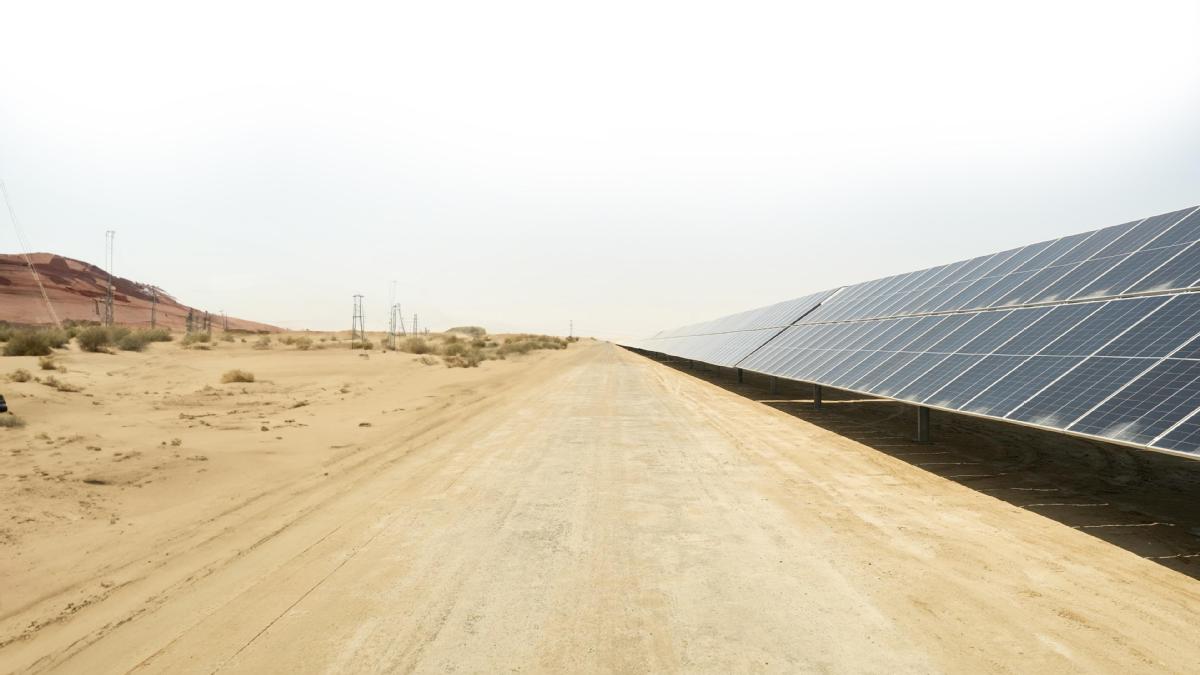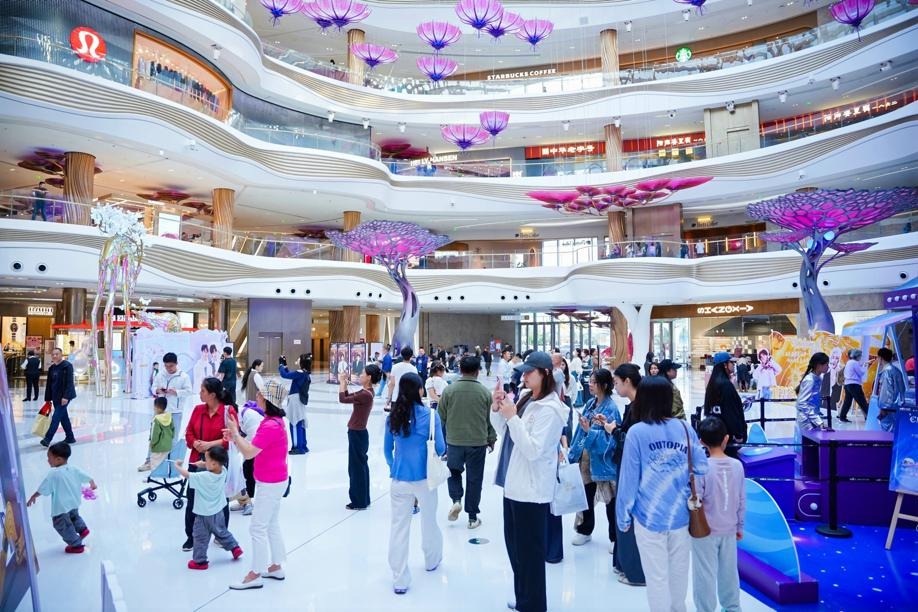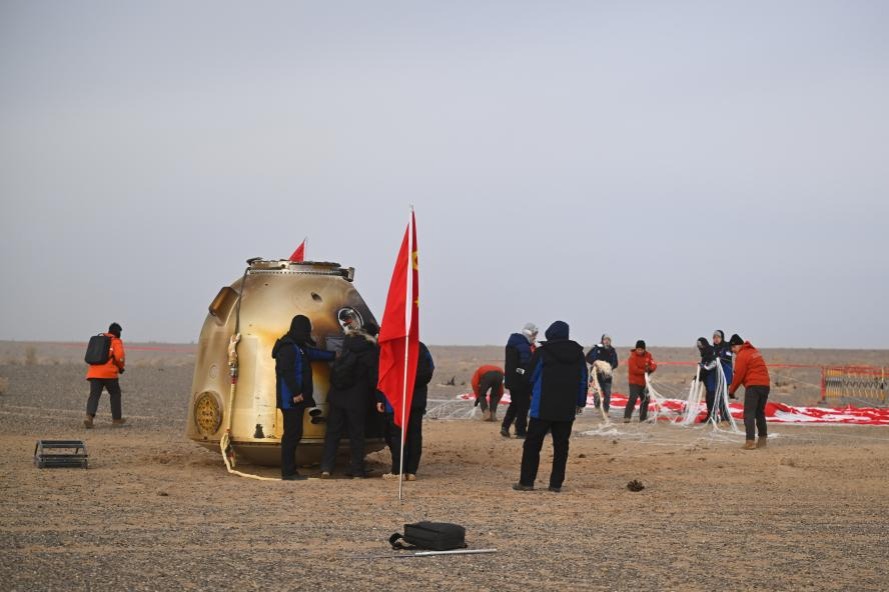A clean green sheet on the Silk Road


'Reciprocal relationship'
If you find the solar plant too remote in your life as its impact may not be immediately felt, you may want to go on a tour of Abu Dhabi, mindful of the charging stations as a fixture of the cityscape. The city has set concrete decarbonizing transformation strategies for its transportation system. "With our partners, we look to ensure an entire zero emission fleet of taxies by 2040," declares Abdulla Al Marzouqi, director-general of Abu Dhabi's Integrated Transport Centre, a subsidiary of the Department of Municipalities and Transport.
Shenzhen, which Al Marzouqi hails as one of the few successful stories of green public transport transformation, will be the key model for the UAE to take a leaf from. Shenzhen Bus Group is the first and largest pure electric transport operator with about 10,000 electric vehicles, and "they will provide us with support and guidance - from drafting electric transport policies to assessing electric transport operational efficiency," he says.
Chinese mainland companies in the new energy sector are taking intellectual and technical assets, as well as technological standards, overseas today - "from upstream, like solar energy production and energy storage services, to downstream, where EV companies are coming to the Middle East," says Hallie Liao, general manager of KMB International Inc, parent company of Shenzhen Bus Group.
In the exhausting battle with climate deterioration, China has gone out of its way liaising with countries and regions involved in the BRI, hoping to haul humanity back from the cusp of possible annihilation by climate change. But the country runs the gauntlet of international naysayers discrediting it for intensifying its grip on the renewable energy chain.
Rumors can be damaging, but they would easily crumble if everyone in the know smashes them and defends the wronged side.























